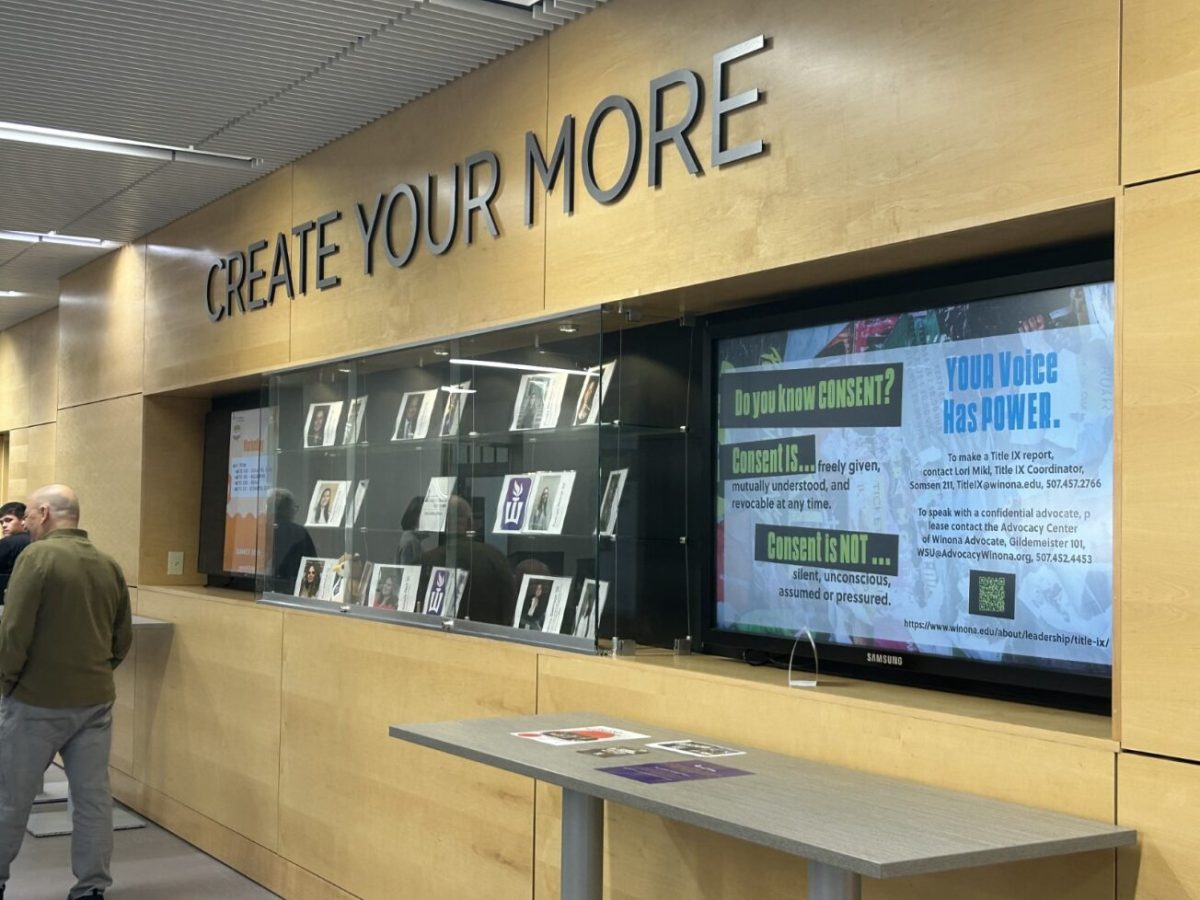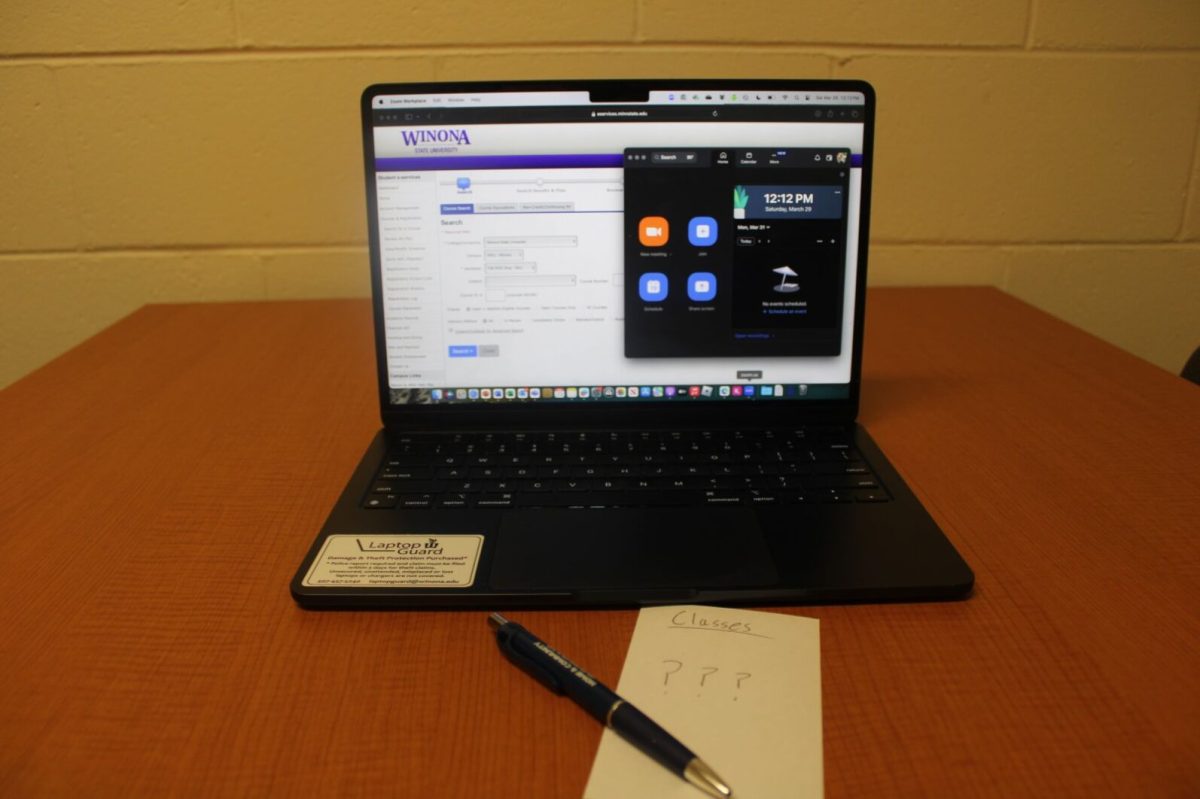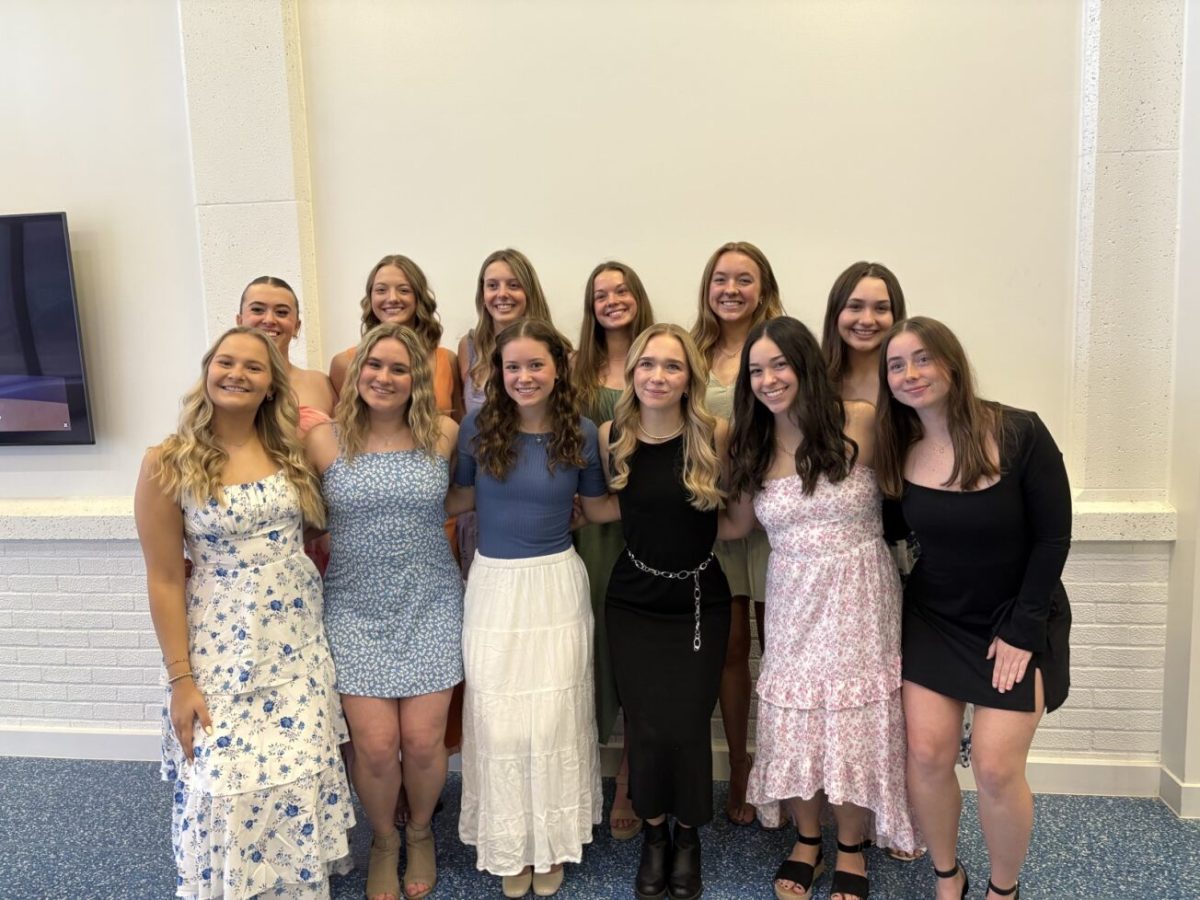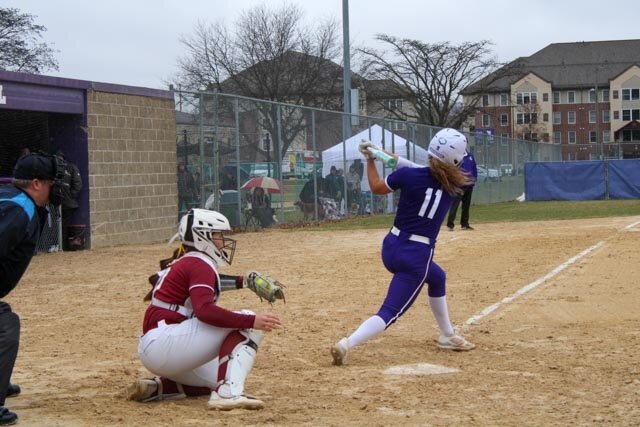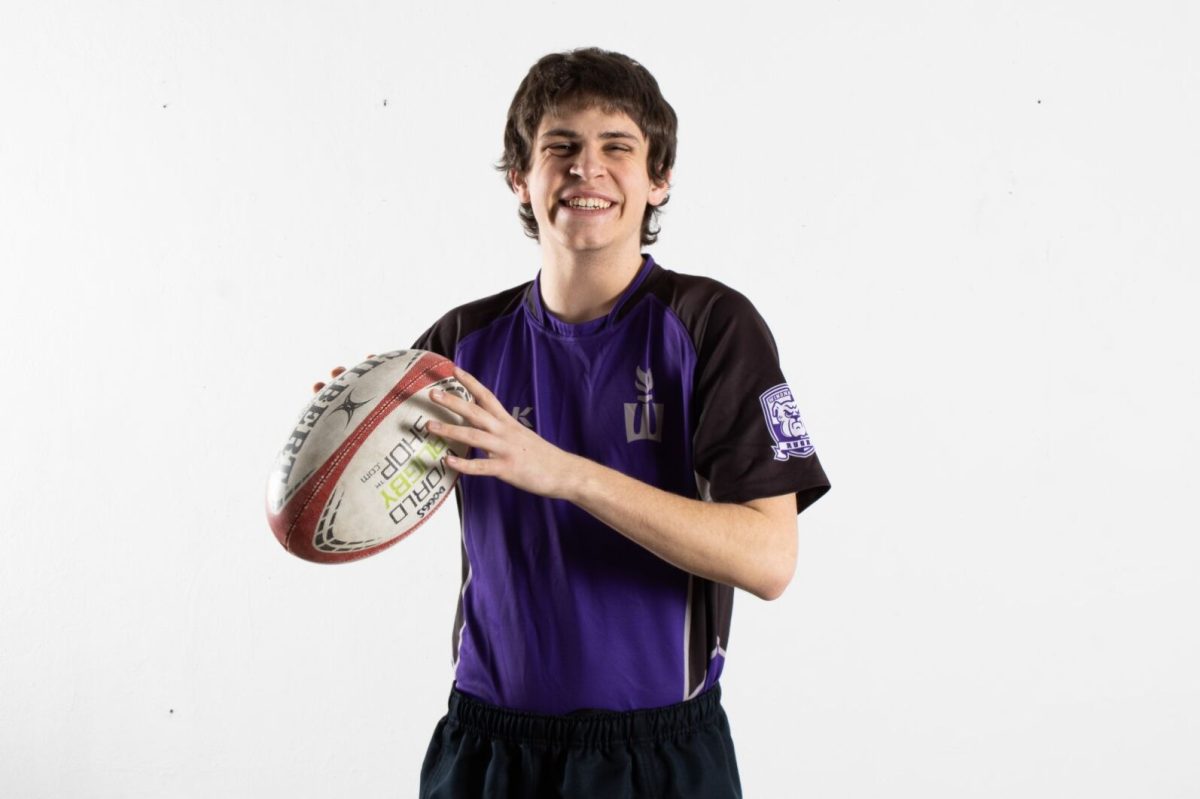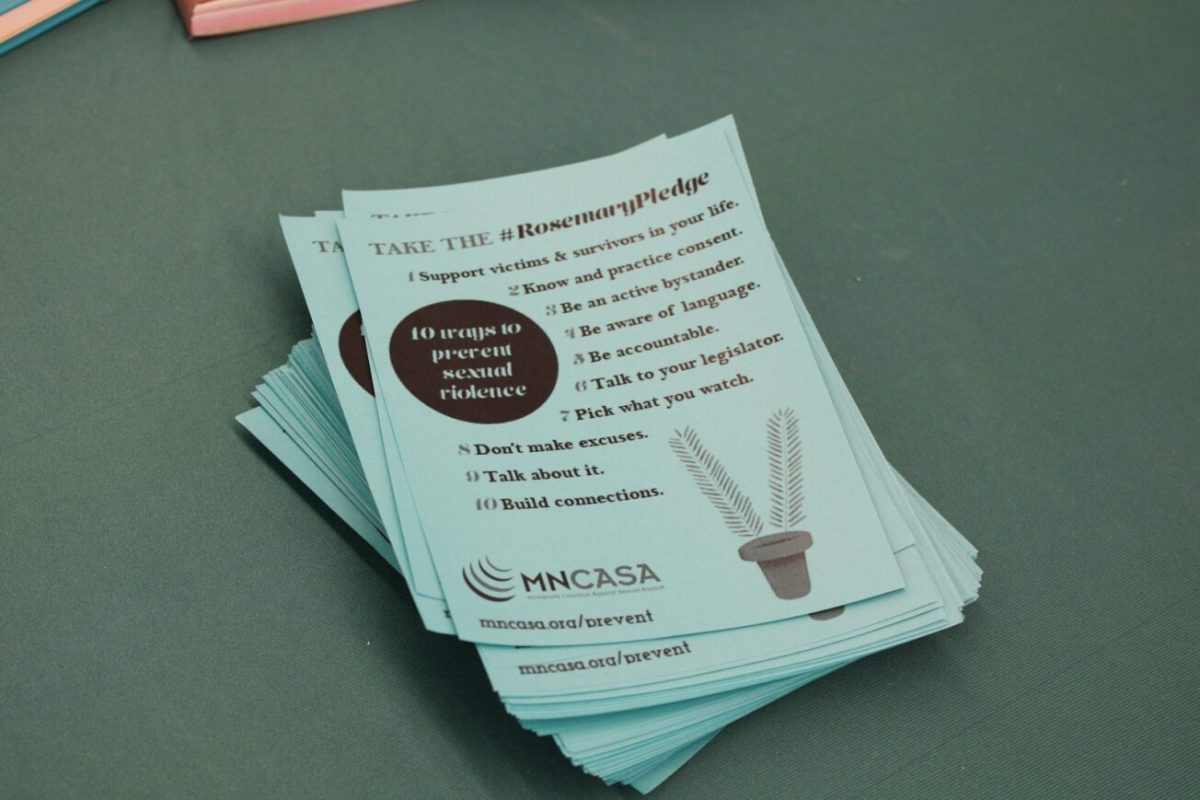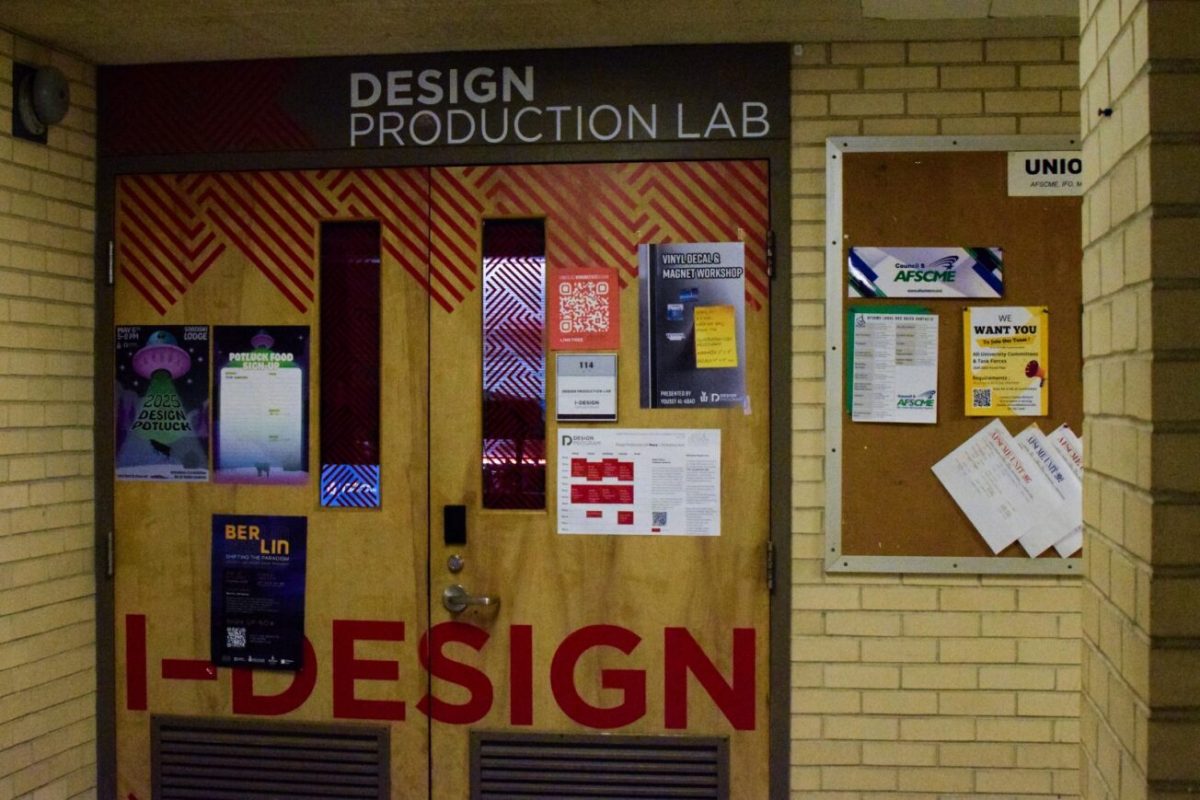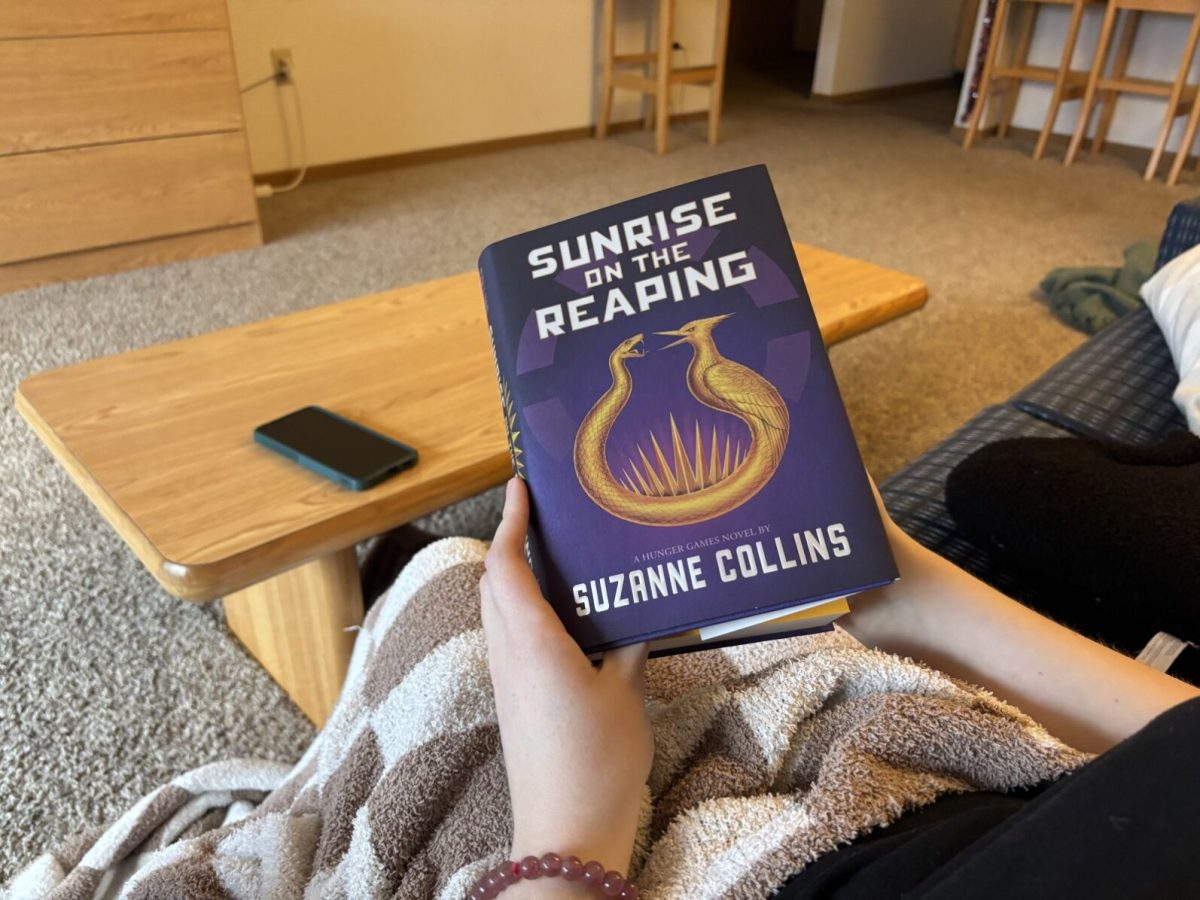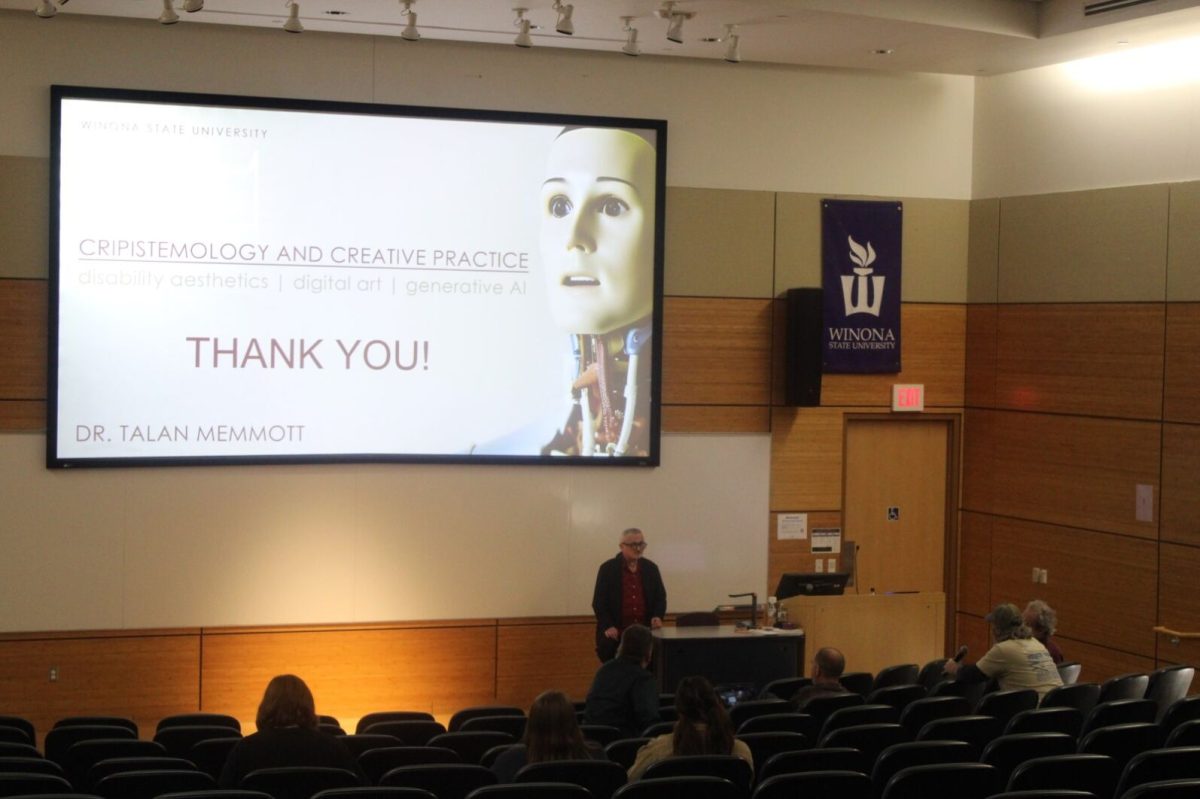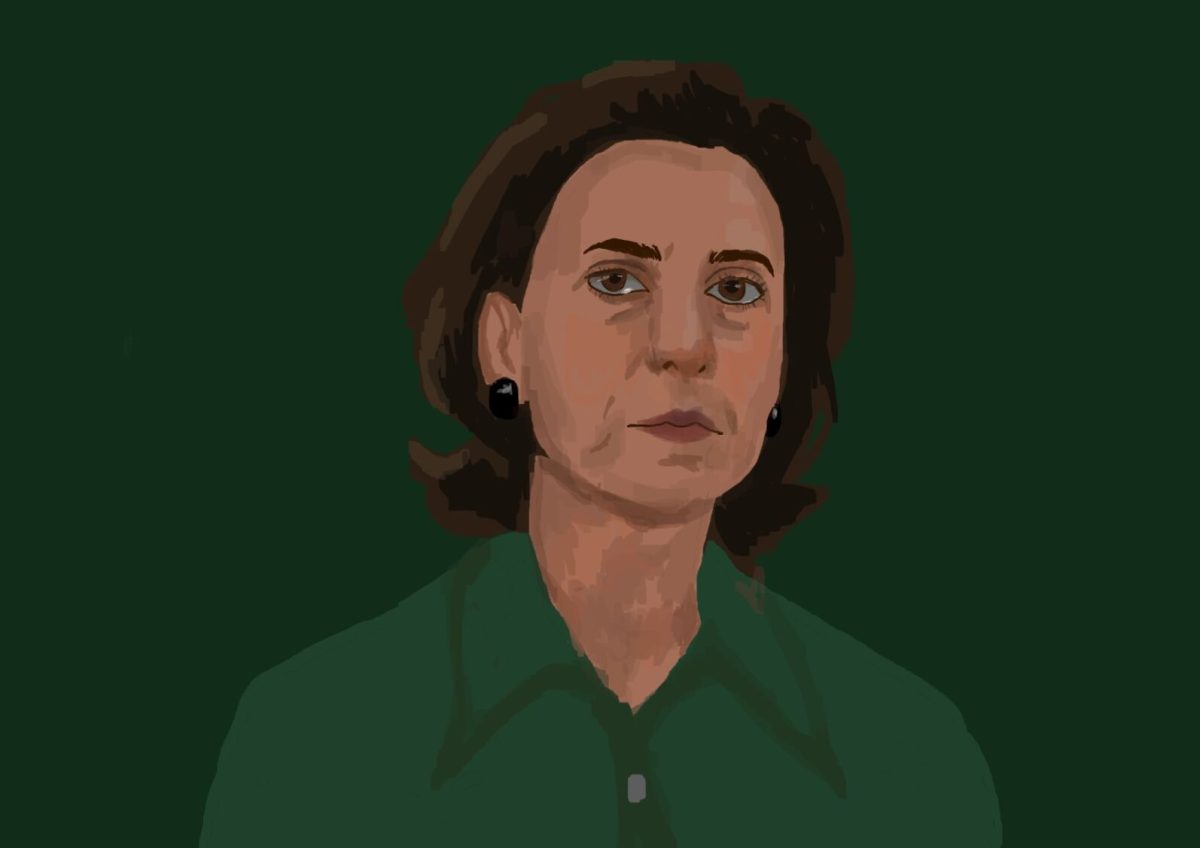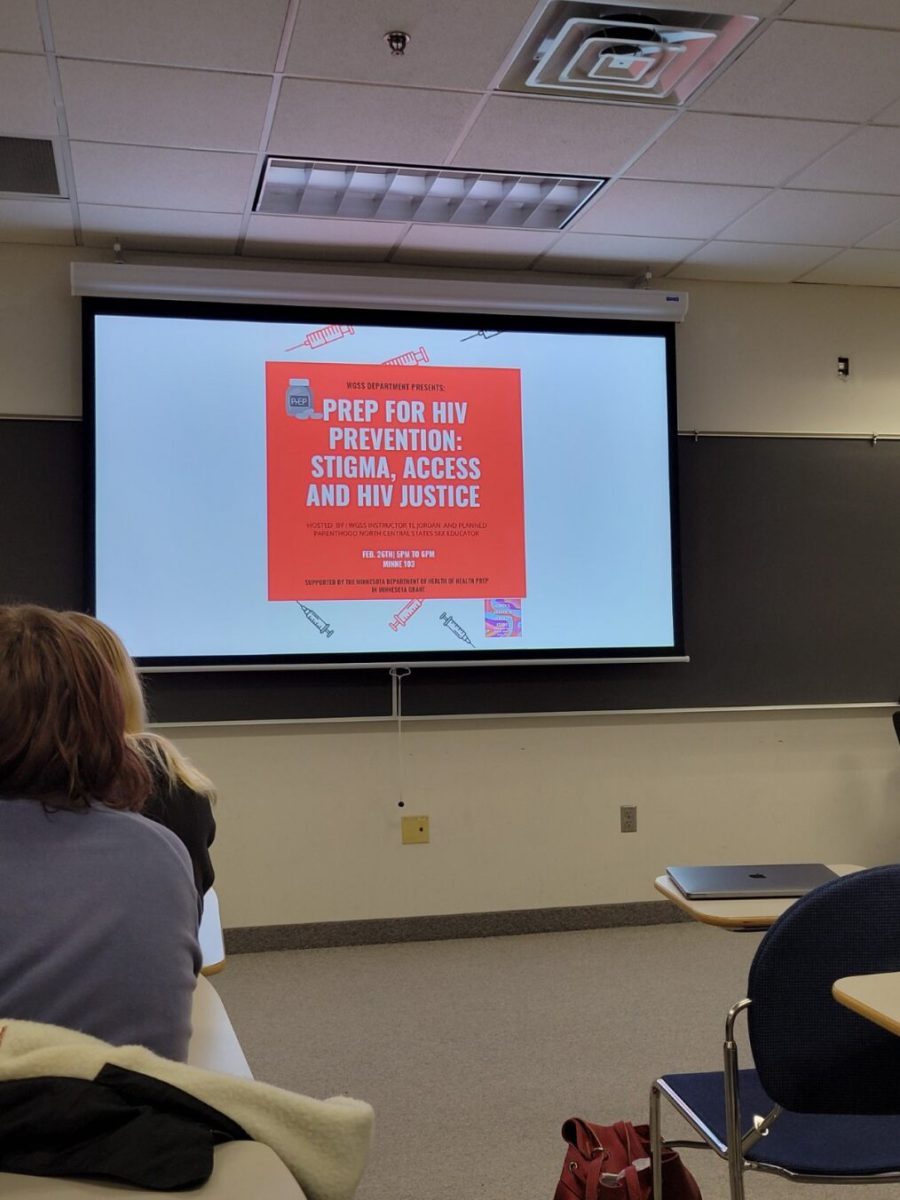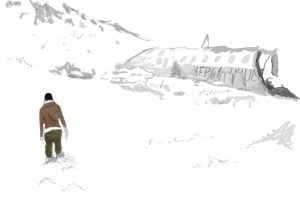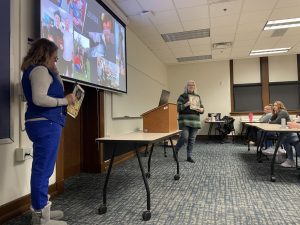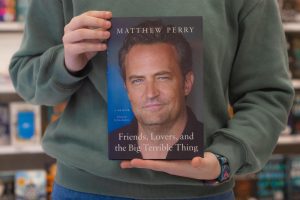Series in Review: “Woke” by Keith Knight
October 7, 2020
We have all heard the expression “Get woke.” It is a call to come to the realization that everything in society is not equal. The Hulu original television series, “Woke”, takes the concept of “getting woke” to its extremes in a comedic and moving way. The show follows Keef Knight, a Sunday comic creator who is about to take a big step with his comic strip. Before this next step, however, Keef, played by Lamorne Morris, is the victim of excessive force by the police and mistaken identity. Keef then starts to see inanimate objects around him talking to him, joking and telling him about the racial injustices in the world and how he needs to step up instead of standing by. Keef takes a journey into advocacy while trying to live with these new voices in his head. The mixture of the acting, the humor and the way the show is written are really what makes it special.
The entire cast of “Woke” plays their parts in comedic and impactful ways. Lamorne Morris, Sasheer Zamata, Blake Anderson and Rose McIver do an excellent job playing their parts and bring humor to their situations with outward jokes, but also just by their conversations and actions. The inanimate objects themselves are a cast of familiar voices that also do a wonderful job entertaining and acting just with their voice, which can often turn out disastrous for actors that are so familiar with actually being in the scene and not in a sound booth. Yet, they do an amazing job with bringing humor and heart to the show.
The show uses humor to highlight some of the stereotypes and injustices we see in the world today. Talking malt liquor bottles make humorous references regarding some of the ways they are portrayed and seen in society. A trash can talks to Keef and convinces him to “do the right thing” figuratively and literally, making references to Spike Lee’s film, “Do the Right Thing”.
“I don’t seen color, I’m not racist!” is something that you hear a lot nowadays. At first it seems like a harmless phrase, as white people assume this means that they are not judging others by their skin color. After taking that phrase and giving it a deeper look, it really becomes problematic, and that is a strong part of this show. When white people say that they do not see color, it takes away a part of that person’s identity. Yes, they are Black or white or Asian or Indigenous, but that does not mean you should not see that. It just means that we should not hold biases toward that person because of that. “Woke” wants you to realize there is nothing wrong with seeing someone’s color, but do not let that be all that you see, even when looking at yourself. Keef starts out with thinking he is just an ordinary person and not embracing who he is within his culture. This theme showcases itself the strongest after he is attacked by the police, when he says, “I know it happens to Black people all the time but I didn’t think it would happen to me.”
This shows how he feels different than other Black people at first. He does not see his own color. As the viewer, you are taken on Keef’s journey of embracing and showcasing who is within and yet outside of his race.
Hulu’s “Woke” takes the concept of “being woke” and makes the viewer see what it means to be “woke” in an absurdist way. The show is funny, impactful, entertaining, heartfelt and a genuine expression by the showrunners. I would recommend for everyone out there to binge it as soon as they can; you will not regret it. You already get Hulu for free just by being a student, so just try out the first episode. Each one is only 30 minutes roughly, so that is not a high sacrifice to experience something that is so wonderful and unique. Plus, binging the whole series only takes four hours, and that is a lot less demanding than re-watching the entirety of “The Office” or “Parks and Recreation”. I am giving “Woke” a solid 5/5 stars.
The opinions expressed in this paper are not necessarily those of Winona State University, the Minnesota State Colleges and University system, or the Winona State University student body.



